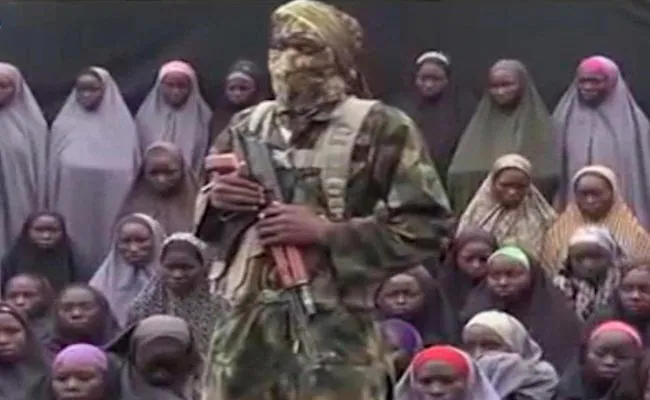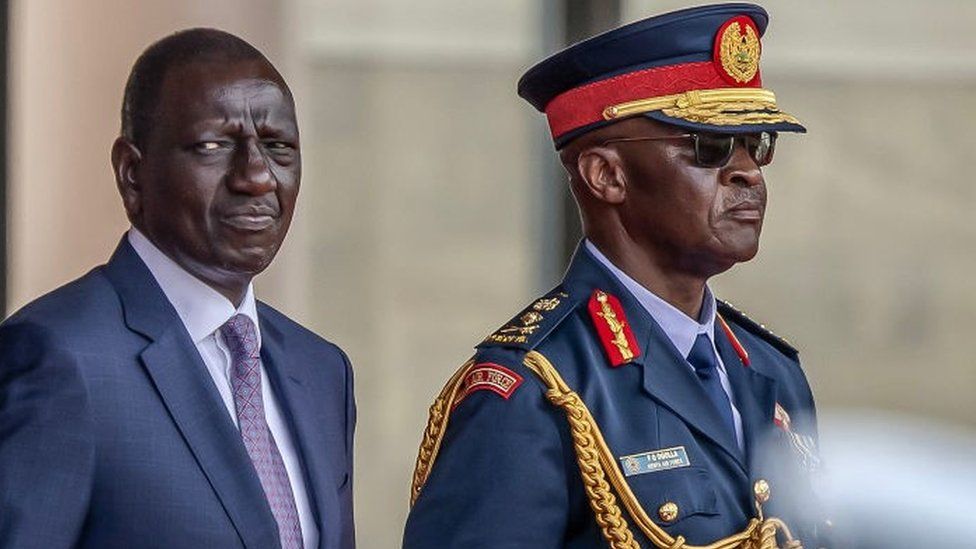WASHINGTON, United States – The International Monetary Fund (IMF) on Tuesday said it was precluded from providing financial support to Zimbabwe due to its “unsustainable debt and external arrears,” and any lending arrangement would require a clear path to a comprehensive restructuring of the African country’s external debt.
Zimbabwe, which has suffered from bouts of hyperinflation in the last 15 years, has not received funding from lenders like the IMF and World bank for more than two decades due to arrears.
Its external debt is more than US$10 billion and most of it is in arrears.
“A Fund financial arrangement would require a clear path to comprehensive restructuring of Zimbabwe’s external debt, including the clearance of arrears and obtaining financing assurances from creditors,” the IMF said.
Creditors owed by Zimbabwe include the World Bank, African Development Bank, European Investment Bank and the Paris Club. The national treasury says it is working on a plan to clear the arrears.
The IMF said its staff completed a virtual mission to Zimbabwe from October 16 to November 16, and noted “significant” efforts by authorities to stem inflation, contain budget deficits and reserve money growth.
However, decisive actions were needed to accelerate reforms, improve the business climate and reduce governance vulnerabilities, the fund said in a statement.
“Decisive actions are needed to lock-in economic stabilisation gains and accelerate reforms. The near-term macroeconomic imperative is to continue with the close coordination among fiscal, exchange rate, and monetary policies,” the IMF said.
Among the key reforms that the IMF wants to see is “greater official exchange rate flexibility and tackling forex market distortions”. This is a reference to the foreign currency auction, widely criticised by leading businesses for overvaluing the Zimdollar and delaying allocations.
Zimbabwe is spending a larger proportion of its budget on infrastructure, but the IMF says there must be a balance between “critical spending” and “containing fiscal deficits”.
The IMF says there is some economic recovery, underpinned by good harvests and economic activity.
“Economic activity is recovering in 2021, with real GDP expected to grow by about 6 percent, reflecting a bumper agricultural output, increased mining and energy production, buoyant construction and manufacturing activity, and increased infrastructure investment,” the IMF said. – Reuters















